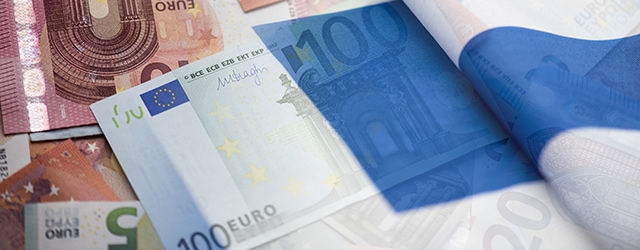Greece's new conservative government inherits an economic recovery from their leftist predecessors.

The Athens Stock Exchange was the best performing in the world last year, gaining more than 40% in value. Foreign direct investment (FDI) in Greece grew for the third year in a row. GDP, after almost a decade of negative growth, is now expected to reach 2.8% in 2020 and outperform most of its neighbors.
This is what the Greek economy looks like today—and for many, that is hard to believe.
Driven by improved domestic demand and ambitious fiscal reforms, Greece appears to be recovering from the ashes of one of the worst economic collapses in modern history. Some close observers note a new sense of euphoria in Athens, boosted by the hands-on approach of the new center-right prime minister, Kyriakos Mitsotakis, who has promised to further increase investment, create jobs and lead the country out of the crisis permanently.
Others find the reality on the ground a bit less rosy. “Saying that Greece is enjoying a euphoria is far-fetched,” says Elias Papaioannou, a visiting professor in the Massachusetts Institute of Technology Department of Economics from London Business School.
“The situation is improving, but gradually,” he says. “The new government was lucky to inherit a relatively good fiscal position with a considerable surplus [from the outgoing Syriza government]. It should continue on this path and gradually lower taxes and social security contributions that are a drag to entrepreneurs, workers and business.” Papaioannou argues the government needs to break “the cartel structure of the Green economy” and improve both education and judicial processes.
The challenges ahead, however, are plentiful. In the short term, the biggest is reforming the banking system, Papaioannou argues. “Stuck with massive amounts of nonperforming loans and weakly capitalized, Greek banks do not perform their core duty: channeling savings into employment-promoting investment,” he says.
Additionally, the government’s plans to attract large-scale FDI, while positive, will hardly cure all of the economy’s ailments. Outside investors, says Papaioannou, “are unlikely to yield the much-needed investment book that the Greek economy desperately needs.”



